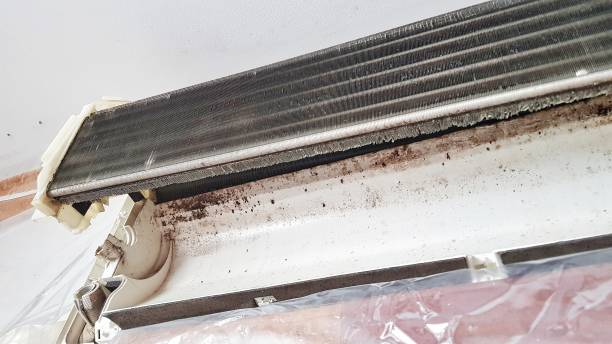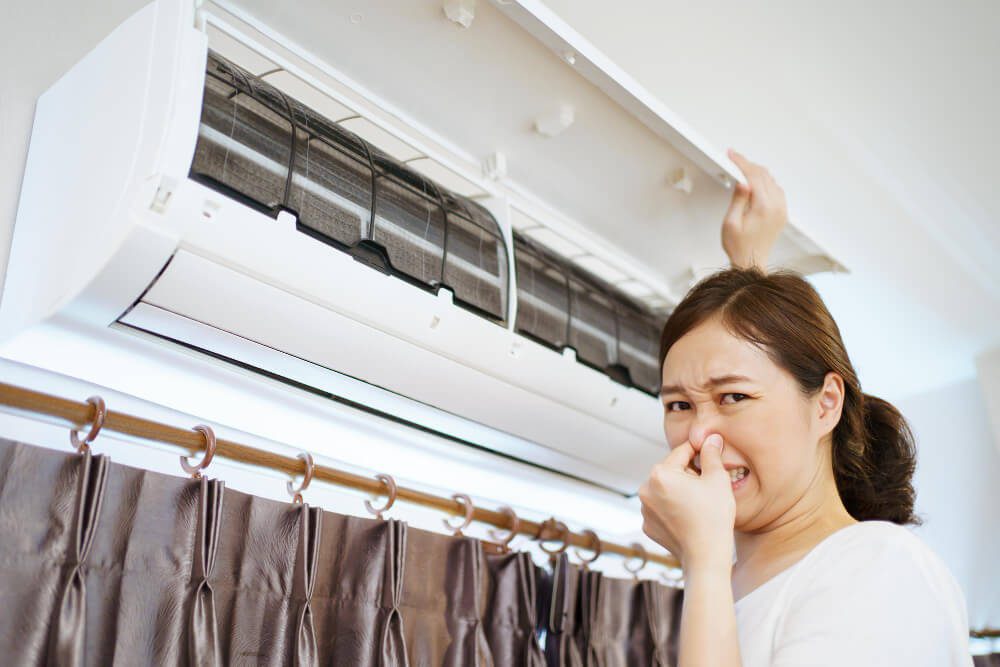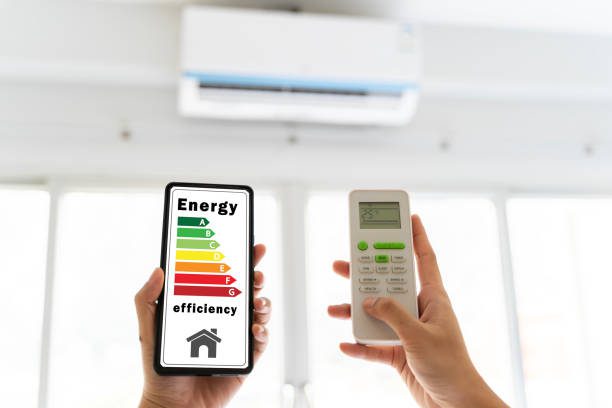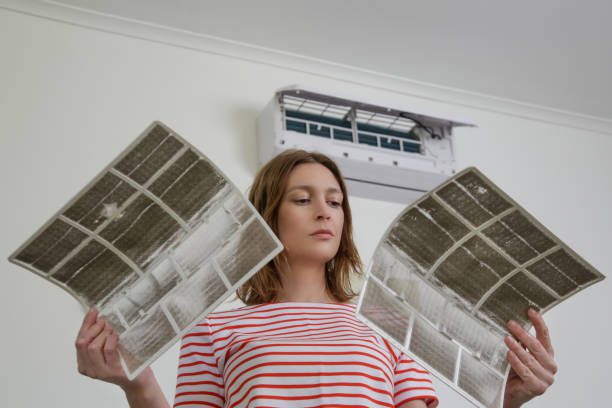When it comes to protecting your air conditioner, many homeowners consider using a cover. However, this raises an important question: Are air conditioner covers actually safe? To help you make an informed decision, let’s explore the benefits, potential risks, and best practices for using aircon covers.
Why Do People Use Air Conditioner Covers?
Before we dive into whether they are safe, it’s essential to understand why some people choose to cover their air conditioners. Generally, covers are used to protect units from external elements such as dust, dirt, and harsh weather conditions. But do they truly offer protection, or can they cause more harm than good?
The Benefits of Using an Air Conditioner Cover
First, let’s look at the reasons why homeowners might opt for an aircon cover:
1. Protection from Debris
Outdoor AC units are exposed to falling leaves, dirt, and dust, which can accumulate inside and reduce efficiency. A cover helps keep unwanted debris out, especially during autumn when leaves tend to pile up.
2. Shielding Against Snow and Ice
For those living in colder climates, snow and ice can build up on outdoor aircon units, potentially causing rust and damage over time. A cover can prevent excessive moisture from seeping into the unit.
3. Extended Lifespan
Because the unit is less exposed to harsh elements, some homeowners believe that a cover helps prolong the system’s overall lifespan by preventing wear and tear.
The Potential Risks of Using an Air Conditioner Cover
While covers may seem like a great idea, they can also pose certain risks. Here are a few reasons why some experts advise against using them:
1. Trapped Moisture Can Lead to Mold and Rust
One of the biggest concerns with air conditioner covers is that they can trap moisture inside the unit. This creates an ideal environment for mold growth and corrosion, which could lead to costly repairs.
2. Rodents May Seek Shelter
Another issue to consider is that small animals, like mice and insects, may find an enclosed space warm and inviting. This could lead to nests, chewed wires, and other damage to your aircon system.
3. Overheating During Warmer Months
If an air conditioner is covered when it’s still in use or during warm weather, it may trap heat inside the unit, reducing efficiency and causing potential malfunctions.
So, Should You Use an Air Conditioner Cover?
Now that we’ve looked at both the benefits and risks, the decision depends on several factors. If you live in an area with heavy snowfall or excessive debris, using a cover might be beneficial. However, to prevent moisture buildup, it’s best to choose a cover designed specifically for air conditioners, which allows for proper ventilation.
Best Practices for Using an Air Conditioner Cover
If you decide to use a cover, here are some tips to do it safely:
Choose a breathable cover – Look for covers with proper ventilation to prevent moisture buildup.
Cover only the top – Instead of wrapping the entire unit, covering just the top can help keep debris out while allowing airflow.
Remove it before turning on the AC – Never run your aircon while it is covered, as this can lead to overheating.
Check for pests – Occasionally inspect the unit to ensure that rodents or insects haven’t made a home inside.
While air conditioner covers can provide protection in certain situations, they also come with risks. The key is to use them correctly and ensure proper airflow. If you’re unsure whether a cover is right for your AC unit, consulting a professional can help you make the best decision.
For expert aircon maintenance and servicing, contact Lion City Air Conditioner Services today!
🌐 Website: https://lioncityaircon.sg/
📲 WhatsApp: +65 8818 5781











